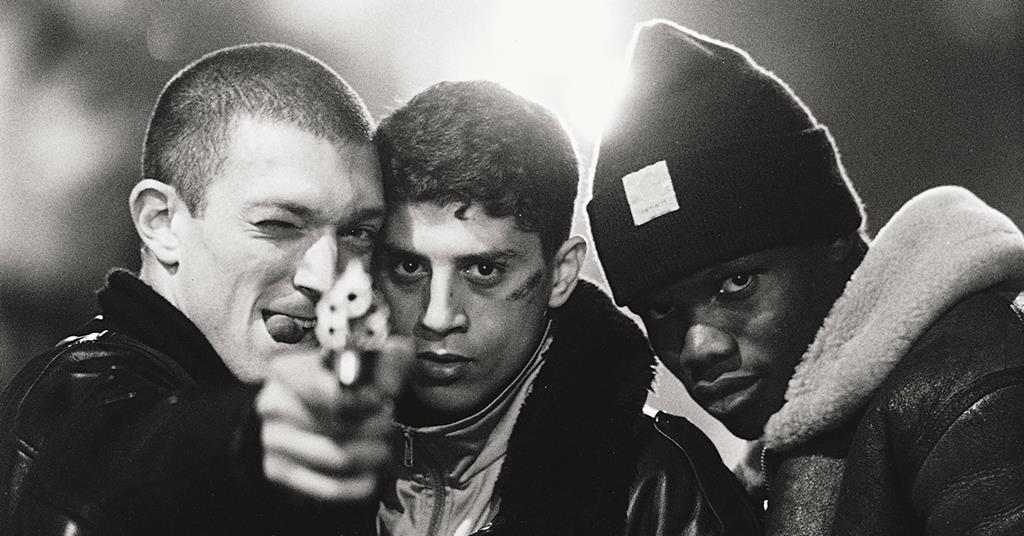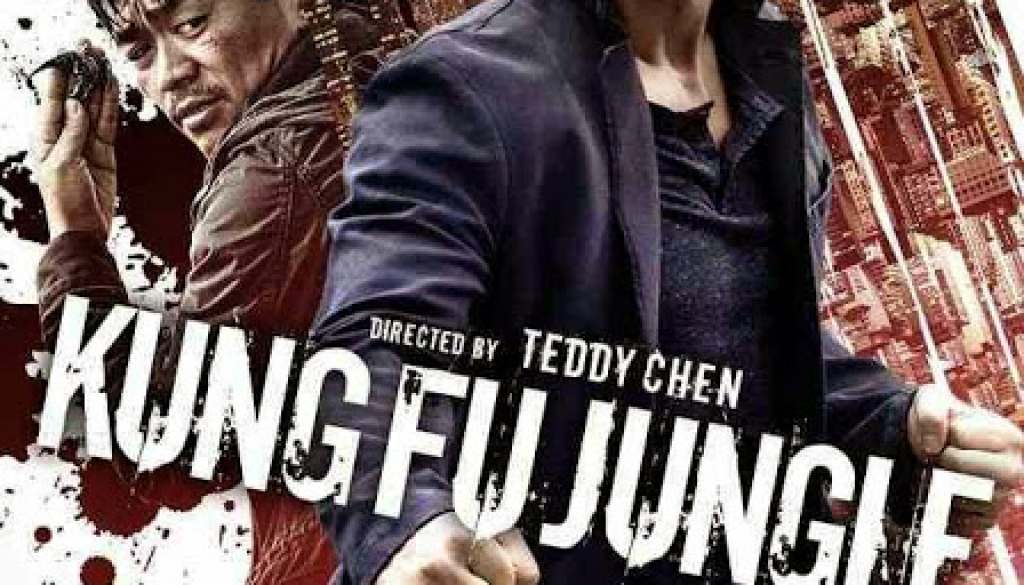Mathieu Kassovitz’s La Haine (1995) is a stark, unflinching look at social unrest, racial tension, and youth alienation in the outskirts of Paris. Shot in striking black and white, the film follows 24 hours in the lives of three young men—Vinz (Jewish), Saïd (Arab), and Hubert (Black)—as they navigate the aftermath of a violent police beating that leaves their friend Abdel in critical condition.
Set in the banlieues (suburbs) of Paris, La Haine isn’t just a film—it’s a warning. Its raw, documentary-style cinematography and realistic dialogue immerse viewers in a world simmering with injustice and frustration. As the trio wanders through their neighborhood and into the city, the film captures the cyclical nature of violence—violence born from poverty, discrimination, and systemic neglect.
The story builds with unbearable tension until its unforgettable final scene: Vinz is accidentally shot by a police officer, and Hubert and the officer face each other with guns drawn. A single gunshot closes the film. No resolution. Just silence and the haunting words: “jusqu’ici tout va bien” ("so far, so good").
Critically acclaimed, La Haine is often considered one of the most important French films ever made. It speaks not only to France’s deep-rooted social problems, but to global issues of police brutality, youth unrest, and urban disenfranchisement. Nearly 30 years later, its relevance hasn’t faded—it’s sharpened.
If a sequel were to be imagined in 2025, it might follow the consequences of that final gunshot. In Le Silence Après la Chute (“The Silence After the Fall”), Hubert survives, but is irrevocably changed. Now in his late 40s, he works with troubled youth in the same neighborhood, trying to prevent others from falling into the same trap.
The sequel could center on a new generation—sons, cousins, or neighbors of Vinz and Saïd—growing up in a world where nothing has changed and yet everything has. Social media exposes injustices faster, but rage burns just as hot. Protests rise. Police violence continues. Hubert becomes a reluctant mentor to a group of kids teetering on the edge between peace and vengeance.
Through this lens, La Haine 2 could explore whether real change is possible, or if society remains stuck in that freefall. “So far, so good,” again—but the ground is always waiting.


